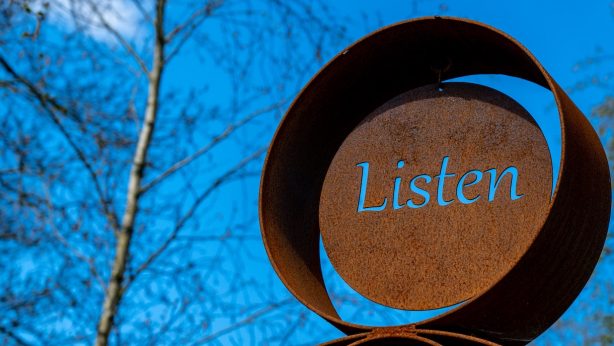We’re All One Chicago, and We Need to Invest That Way

By: Vanessa N. Lewis, Senior Director of Development
Following the cruel and indefensible death of George Floyd on May 25, 2020, we saw people from all walks of life come together, demonstrate, and demand change on a scale that this country hasn’t witnessed in decades. Grassroots campaigns, marches, and mutual aid efforts sprung up in city after city, dominating our news feeds.
And the response didn’t stop at the grassroots level. Corporations and businesses also found themselves at a crossroads, with American consumers paying close attention to how businesses would respond with words, and action, to systemic racism and the inequities laid bare by a global pandemic towards the Black community. Employees, their teams, and C-Suite leaders had to ask themselves: Are we doing enough?
The way I see it, if we want to realize large-scale change in our city, we need corporations to be more intentional about both their community engagement and investment choices. This is not to say that one-time donations and efforts are without impact—far from it, but there are ample opportunities for businesses to carry out deeper and more strategic work in this space.
As the devastating events of 2020 unfolded, two well-known Chicago firms, Mesirow Financial and Kirkland & Ellis, realized that they needed and could do more. Simply put, Mesirow and Kirkland stepped up to the plate with a holistic commitment ensuring more Black students participate in LINK’s four-year fellowship and move to, through, and beyond college. Now, because they recognized the importance of a different approach that could have long-lasting impacts on the issues they already care deeply about, LINK will be able to double the size of our incoming class of 2025. This fall, the freshman class will expand from 50 to 100 participants.
Beyond the financial commitment to expand our fellowship, employees from both Mesirow and Kirkland & Ellis will be trained as LINK Mentors, joining us in the work that we do each and every day to lift up Black youth in our city.
This is exactly the kind of engagement we need to see from businesses. Large-scale change is needed to provide Black youth with equal access to college and success opportunities. And businesses have the means — financial dollars as well as social capital and hands-on support — to drive it. There is great power for change when for-profit and nonprofit entities collaborate, each one contributing their unique strengths to solve problems that affect the communities we call home.
LINK has been fortunate to cultivate a number of meaningful corporate partnerships throughout the years. By joining forces with businesses that share in our vision, we work together to improve the life trajectories of Black youth in Chicago. Improving educational support and access to opportunities towards college completion works to increase the economic mobility and stability of Black students. These partnerships make a great difference for our Scholars. The partnership with Mesirow and Kirkland is exactly the sort of high-impact change that’s needed.
A Harvard Business Review article coined the term “Corporate Social Justice” as a means to express stakeholders’ increased expectations beyond the default tactics of “Corporate Social Responsibility,” which often includes social-issue marketing, employee volunteer initiatives, and Diversity & Inclusion work. As the author notes, gone are the days of using these issues as a marketing tool. It’s time to usher in a new era of corporate involvement, where businesses join organizations on the ground to meet people where they are and develop a deeper understanding of the communities they are looking to serve.
The commitment by Mesirow and Kirkland & Ellis is a testament to all that is possible when the corporate community becomes investors in organizations operating at ground zero in Black and Brown communities. We are inspired by their dedication and hope that this movement continues, and that more and more businesses step up to dig deep into the systemic issues that continue to hold back the potential of Black youth in our city. In the words of our LINK President and CEO Jonathan Swain, we’re all one Chicago, and we need to invest that way.

